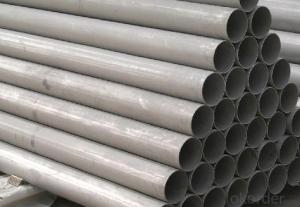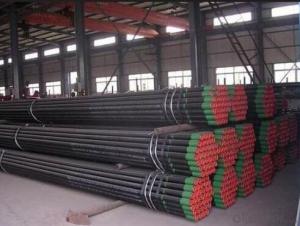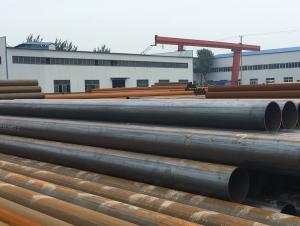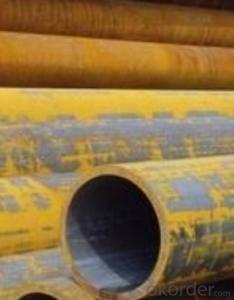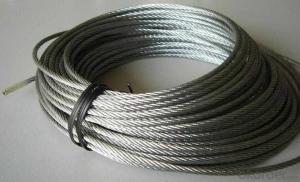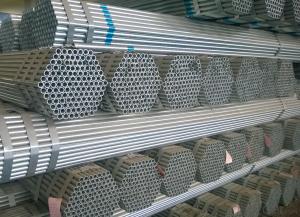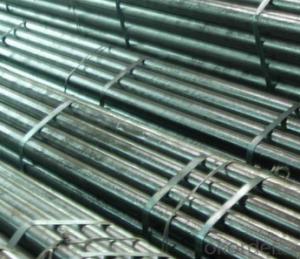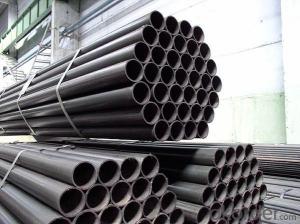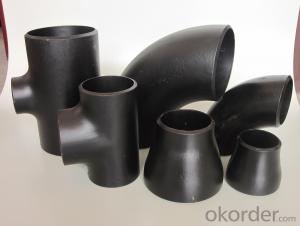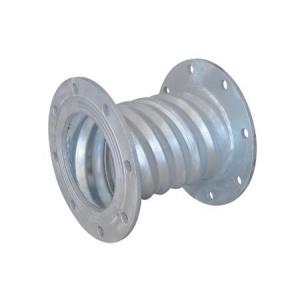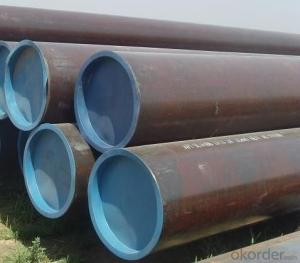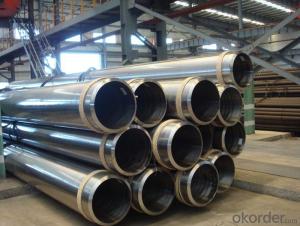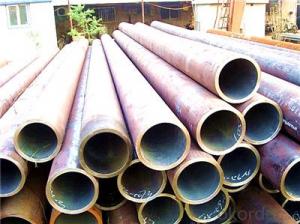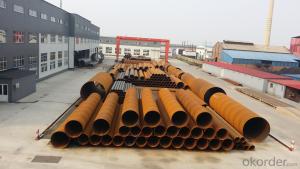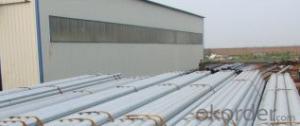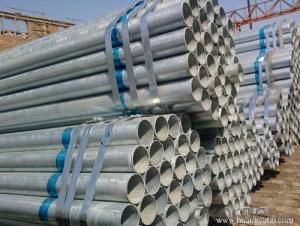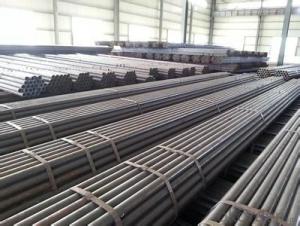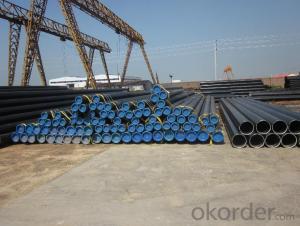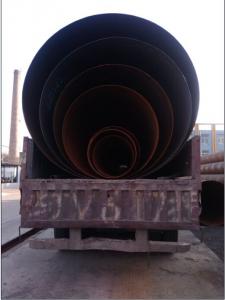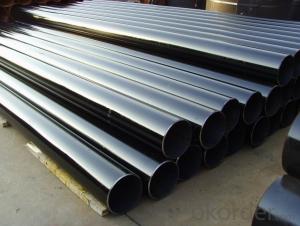All Categories
- - Steel Wire Rod
- - Steel Coils
- - Steel Profiles
- - Steel Pipes
- - Stainless Steel
- - Tinplate
- - Special Steel
- - Steel Sheets
- - Steel Rebars
- - Steel Strips
- - Hot Rolled Steel
- - Cold Rolled Steel
- - Pre-painted Steel
- - Seamless Steel Pipe
- - Welded Steel Pipe
- - Hollow Steel Tubes
- - Galvanized Pipe
- - Stainless Steel Coil
- - Stainless Steel Sheet
- - Stainless Steel Plate
- - Stainless Steel Strips
- - Electrolytic Tinplate Coil
- - Electrolytic Tinplate Sheet
- - Stainless Steel Rebars
- - Solar Panels
- - Solar Water Heater
- - Solar Related Products
- - Solar Inverter
- - Solar Cells
- - Solar Light
- - Solar Energy Systems
- - Solar Controllers
- - Solar Mounting System
- - Solar Pump
- - Solar Chargers
- - Fiberglass Chopped Strand
- - Fiberglass Mesh Cloth
- - Composite Pipes
- - FRP Pultrusion Profiles
- - Fiberglass Mat Tissue
- - Fiberglass Fabrics
- - Fiberglass Mesh
- - Composite Tank
- - Fiberglass Mesh tape
- - Polymer
- - FRP Roofing Panel
- - Fiberglass Roving
- - Monolithic Refractories
- - Ceramic Fiber Products
- - Refractory Bricks
- - Raw Materials For Refractory
- - Suspended Platform
- - Cranes
- - Concrete Machinery
- - Earthmoving Machinery
- - Building Hoist
- - Road Building Machinery
- - Plastic Pipe Fittings
- - Plastic Tubes
- - Plastic Sheets
- - Agricultural Plastic Products
- - Plastic Nets
 All Categories
All Categories
Q & A
How do steel pipes contribute to the irrigation systems in agriculture and horticulture?
Steel pipes are integral to irrigation systems in agriculture and horticulture as they provide a durable and efficient means of transporting water. These pipes are able to withstand high pressure, ensuring a consistent and reliable flow of water to crops and plants. Additionally, steel pipes are resistant to corrosion, making them suitable for use in both above-ground and underground irrigation systems. They are also easily customizable, allowing for the installation of various fittings and connectors to meet specific irrigation needs. Overall, steel pipes play a crucial role in irrigating agricultural and horticultural fields, ensuring optimal water distribution for healthy plant growth and increased crop yields.
What are the safety measures and regulations for welding and joining steel pipes in various industries?
The safety measures and regulations for welding and joining steel pipes in various industries include:
1. Proper training and certification: Welders and personnel involved in the welding process should be trained and certified to ensure they have the necessary skills and knowledge to perform the task safely.
2. Personal protective equipment (PPE): Welders must wear appropriate PPE, including welding helmets with protective lenses, fire-resistant clothing, gloves, and safety shoes, to protect themselves from heat, sparks, and potential injuries.
3. Ventilation and respiratory protection: Adequate ventilation systems, such as exhaust fans or local exhaust hoods, should be in place to remove fumes, gases, and smoke generated during welding. Respiratory protection, such as respirators, may be necessary in certain situations.
4. Fire prevention and control: Fire extinguishers and fire blankets should be readily available in case of accidental fires. Work areas should be clear of flammable materials, and proper fire prevention measures should be followed.
5. Inspection and maintenance of equipment: Regular inspection and maintenance of welding machines, tools, and equipment are essential to ensure their proper functioning and minimize the risk of accidents.
6. Secure work area: Adequate barriers or barricades should be in place to prevent unauthorized personnel from entering the welding area. This helps protect both workers and visitors from potential hazards.
7. Compliance with industry standards and codes: Welding and joining steel pipes should adhere to relevant industry standards and codes, such as those from the American Welding Society (AWS), Occupational Safety and Health Administration (OSHA), and other governing bodies.
8. Proper handling and storage of materials: Steel pipes and welding consumables should be handled and stored correctly to prevent damage, accidents, or contamination.
9. Risk assessment and job planning: Before starting any welding task, a risk assessment should be conducted to identify potential hazards and develop appropriate control measures. Job planning should include considerations for the safe setup, positioning, and securing of the pipes during welding.
10. Continuous monitoring and supervision: Regular monitoring and supervision of the welding process are crucial to ensure compliance with safety measures and regulations. This helps identify and address any potential safety issues promptly.
It is important for organizations to develop and implement comprehensive safety programs that address these measures and regulations to protect workers and maintain a safe working environment.
How do you calculate the natural frequency of a steel pipe system to avoid resonance issues?
To calculate the natural frequency of a steel pipe system and avoid resonance issues, you need to consider the properties of the pipe and its supports. The natural frequency can be computed using the formula:
natural frequency = (1/2π) * √(stiffness/mass)
Here, stiffness refers to the combined stiffness of the pipe and its supports, while mass represents the mass of the pipe. By determining these factors and plugging them into the formula, you can calculate the natural frequency. It is crucial to ensure that the operating frequency of the system remains well below the natural frequency to avoid resonance problems, which can lead to excessive vibrations and potential structural damage.
Wholesale Steel Pipes from supplier in Brunei
Our team is highly knowledgeable about the specific requirements and regulations in Brunei, ensuring that we can provide tailored solutions for your steel pipe needs. Whether you are looking for seamless pipes, welded pipes, galvanized pipes, or any other type of steel pipe, we can assist you in finding the right products at competitive prices.
In addition to supplying steel pipes, we also offer comprehensive services such as quoting, technical support, and logistics management. Our goal is to make the procurement process as seamless as possible for our customers, providing them with all the necessary information and support to make informed decisions.
As a subsidiary of CNBM, we have access to a vast network of suppliers and manufacturers, enabling us to source high-quality steel pipes from reliable and reputable sources. We take pride in ensuring the quality of our products, and we conduct thorough inspections and tests to guarantee that they meet the required standards.
Furthermore, we understand the importance of timely delivery and efficient logistics. We work closely with our logistics partners to ensure that your steel pipes are delivered to your desired location in a timely manner, minimizing any disruptions to your project timeline.
Whether you are working on a small-scale project or a large industrial undertaking, our team is dedicated to providing you with exceptional service and support. We strive to build long-term relationships with our customers, earning their trust and becoming their preferred supplier for all their steel pipe needs in Brunei.
Contact us today to discuss your requirements and allow us to assist you in finding the best steel pipe solutions for your projects in Brunei.
In addition to supplying steel pipes, we also offer comprehensive services such as quoting, technical support, and logistics management. Our goal is to make the procurement process as seamless as possible for our customers, providing them with all the necessary information and support to make informed decisions.
As a subsidiary of CNBM, we have access to a vast network of suppliers and manufacturers, enabling us to source high-quality steel pipes from reliable and reputable sources. We take pride in ensuring the quality of our products, and we conduct thorough inspections and tests to guarantee that they meet the required standards.
Furthermore, we understand the importance of timely delivery and efficient logistics. We work closely with our logistics partners to ensure that your steel pipes are delivered to your desired location in a timely manner, minimizing any disruptions to your project timeline.
Whether you are working on a small-scale project or a large industrial undertaking, our team is dedicated to providing you with exceptional service and support. We strive to build long-term relationships with our customers, earning their trust and becoming their preferred supplier for all their steel pipe needs in Brunei.
Contact us today to discuss your requirements and allow us to assist you in finding the best steel pipe solutions for your projects in Brunei.
